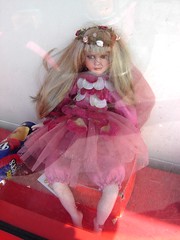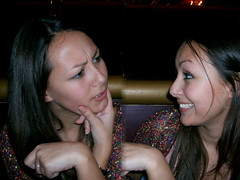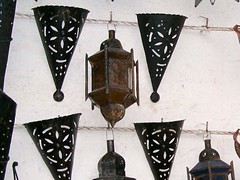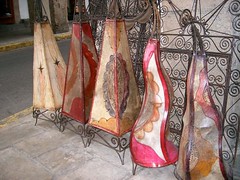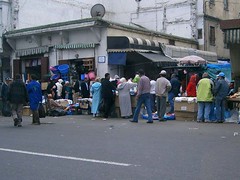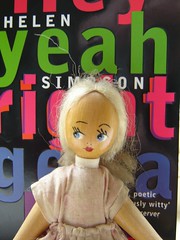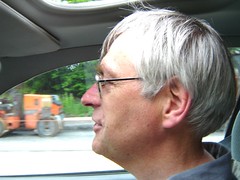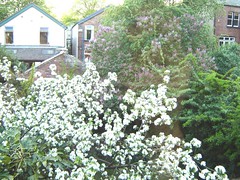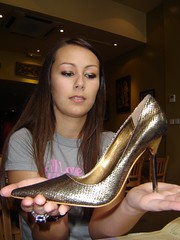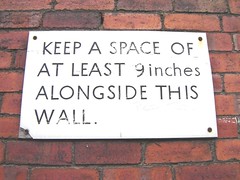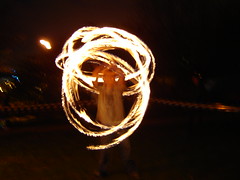 lanterns
lanterns
I had a wonderful time singing on Sunday evening, and particularly liked doing “Thousands of More” - the lyrics are
here. This is one of those great traditional songs collected by the
Copper family. I was attracted to the idea of happiness that isn’t dependent upon wealth, but this set me thinking about a particular strand in British culture that adopts a stoical, or even generous, acceptance of material inequality, poverty and wealth. Despite the easy appeal of David Cameron’s emphasis on
general well-being, I am left feeling uneasy on two counts. One is precisely that: the complexity of the relationship between well-being and cultural capital (or cultural amnesia); the other is that Cameron is, after all, a Tory. So what of the spirit of English radicalism? Was it snuffed out in
1649 by Fairfax? Goodbye Diggers, now consigned to youthful protest (the Levellers), latter day strummers (Billy Bragg) and dewy-eyed romantics (Dick Gaughan). Writing this, I wonder about our own struggle as academics, as we attempt to claw back our status through union action. Wealth is always relative…so Thousands of More? Are we radical or just backing the wrong cause?
And finally, what about Sir Andrew Steer – outraged by gangsta rap, he wants schools to ban it. After all, he argues, teenagers are understandably drawn to the “delights of the forbidden”. So would it really be a good idea to forbid gangsta rap? Assuming that were at all possible, doesn’t it rather undermine his argument? Perhaps it would be better on the curriculum, accompanied by a regular regime of testing.
